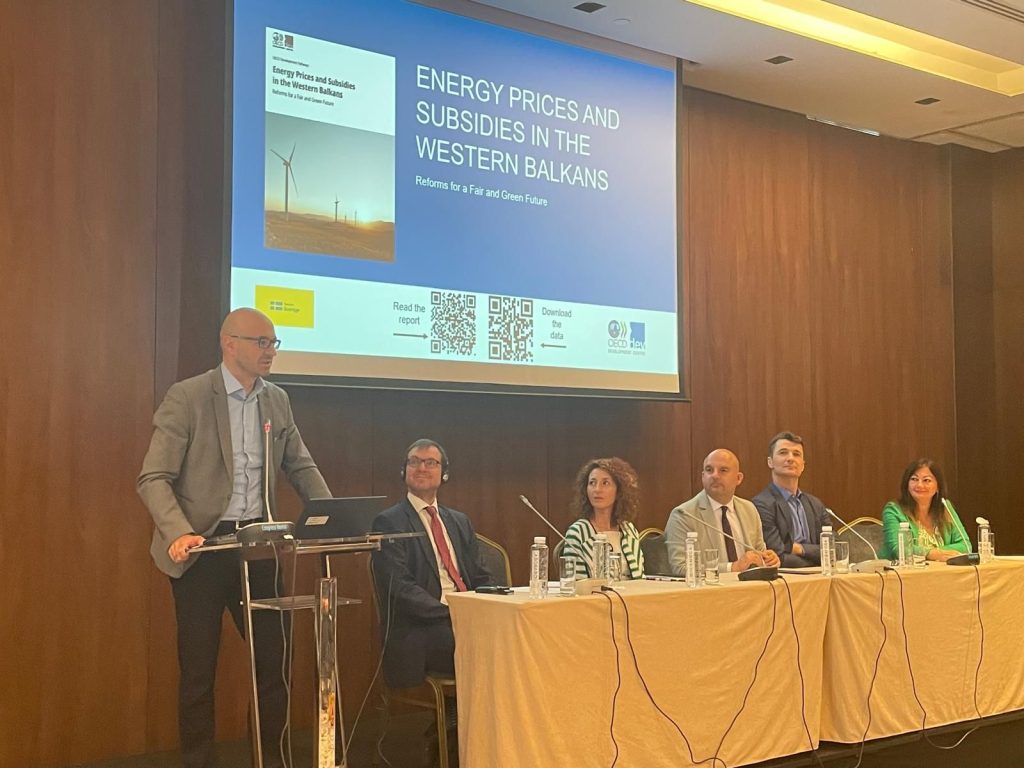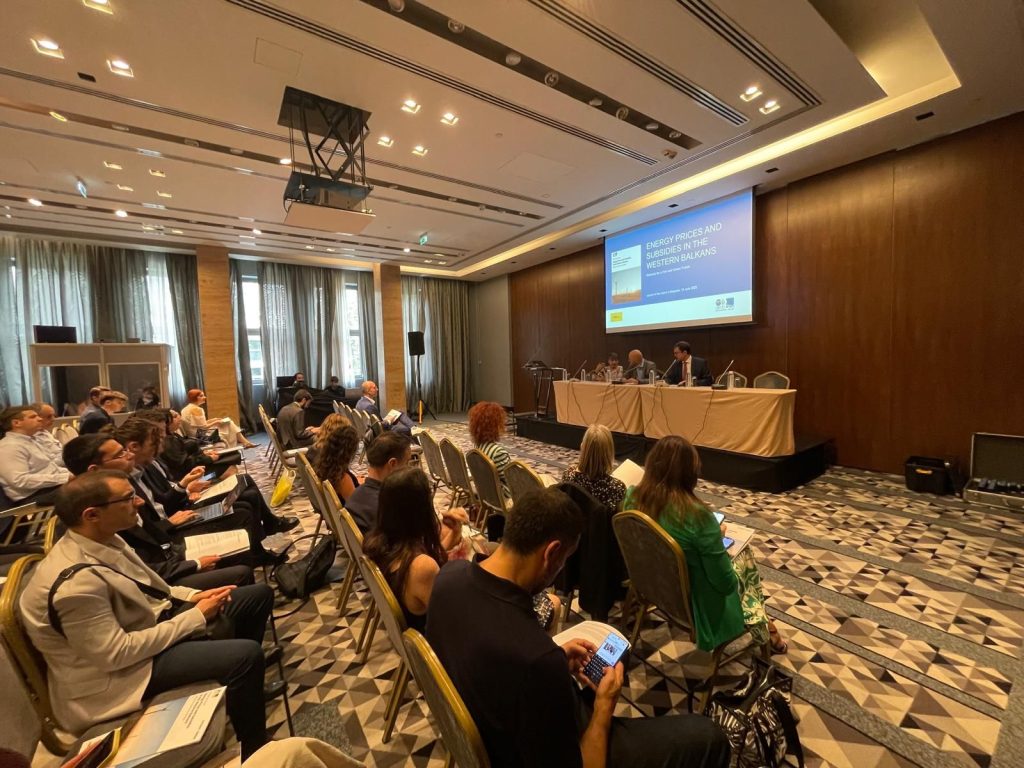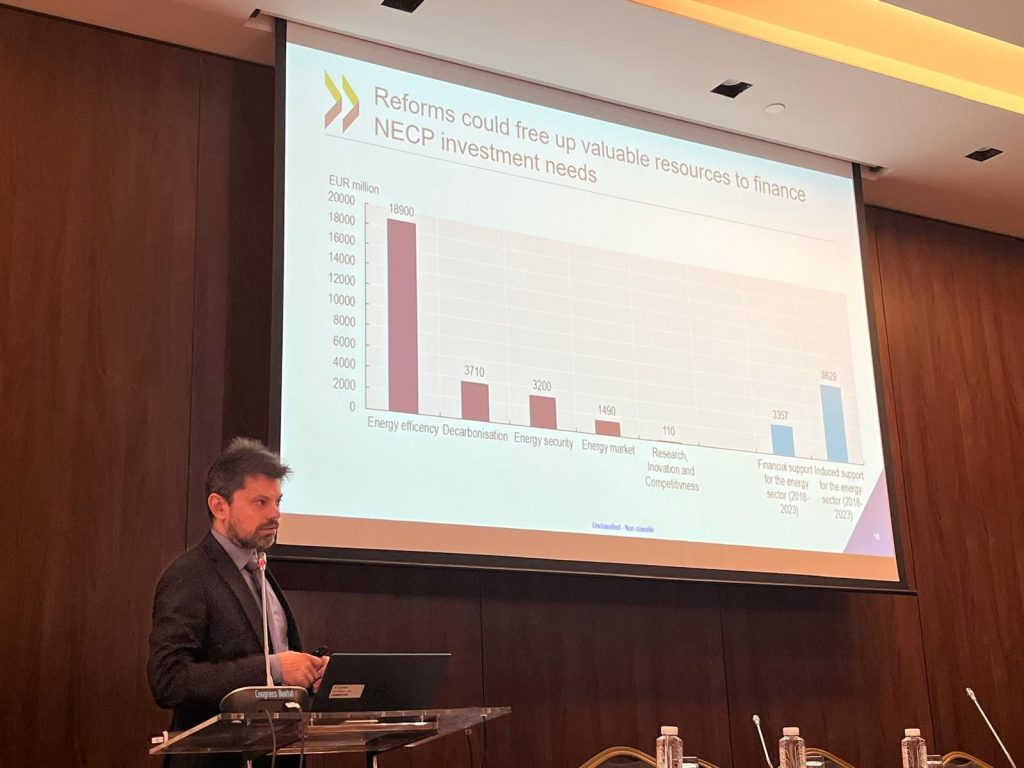
On June 18th, OECD launched its report “Energy Prices and Subsidies in the Western Balkans: Reforms for a Fair and Green Future”. Why it matters for Serbia:
1. Reducing carbon intensity is a top priority for Serbia’s energy sector
2. Current financing of the energy sector in Serbia offers important levers for reform. Between 2018 and 2023, low electricity prices translated into EUR 8.6 billion in induced consumer support, while the sector received EUR 3.4 billion in direct fiscal and credit support.

The analysis shows that the economic rationale for price regulation and fossil fuel subsidies is rapidly eroding. To create a basis for the energy sector reform, the OECD recommends Serbia to:
- Open up the electricity market
- Reduce the fiscal burden of the energy sector
- Address energy poverty and protect vulnerable customers
- Strengthen implementation of the energy transition policies
- Enable participation of businesses and households in the energy transition

The excellent work of the OECD sets the framework for detailed analyzes and proposals for improving the system of subsidies related to the energy sector.
When it comes to vulnerable groups, policies do not work for them in the best possible way. By subsidizing electricity prices, some people are indeed saved from impoverishment, but in absolute terms the most benefit goes to those who have the most.
We used our participation in the presentation of this unique publication to emphasize that field work is necessary for a successful and just policy towards the energy poor. We introduced the attendees with our firm belief that the work in Belgrade and other capitals to improve public financing of energy efficiency must begin with an urgent change in the way the Republic of Serbia and its international partners set priorities in this area!
We wrote about it, and here are links to recollect:
Smarter Stoves publication (Serbian language)
Clean energy and energy efficiency for some citizens
Remote assistance for district heating
Who owns the Sun, who owns the non-existing excessive electricity, and whose pumps pump the heat?
European Commission in the episode: Trying to get the energy poverty in Serbia right
